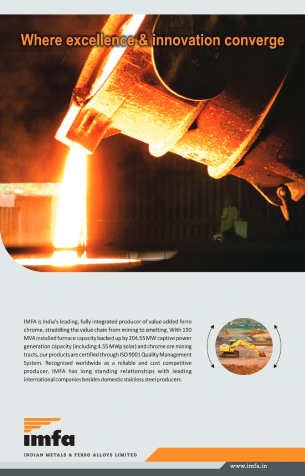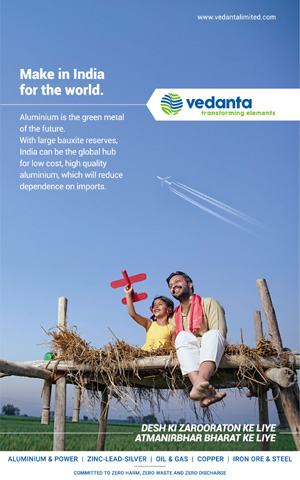Joint Parliamentary Committee on Waqf (Amendment) Bill, 2024 arrives in Odisha for stakeholder consultations
By Sukant Mohanty
Bhubaneswar, Nov. 11: A five-member team from the Joint Parliamentary Committee (JPC) on the Waqf (Amendment) Bill, 2024, arrived in Bhubaneswar on Sunday as part of a nationwide effort to engage stakeholders on significant legislative reforms affecting Waqf property governance. The committee is set to meet with various groups in the Odisha state capital on Monday, in line with their mission to foster input on the proposed amendments.
The delegation includes JPC chairperson Jagatambika Pal, Bhubaneswar MP Aparajita Sarangi, and MP Ghulam Nabi, who bring both local and national perspectives to the conversation. MP Aparajita Sarangi emphasised the scale and importance of the discussions, explaining that the committee comprises 31 members from both houses of Parliament, tasked with examining a total of 44 amendments proposed in the new bill.
“These amendments aim to improve the management of Waqf properties, of which around 38 lakh acres are currently under the Waqf Board’s administration. This is a crucial step by the Modi government towards enhancing governance and accountability in the sector,” said Sarangi, addressing media representatives on Sunday. The amendments, she added, are part of a broader push to strengthen oversight and operational transparency in Waqf management.
The Odisha leg of the committee’s journey follows similar consultations held in Guwahati, where committee members met with local government officials, representatives of Muslim organizations, minority commissions, and Waqf board members to gather insights on the proposed changes. This approach has also taken the panel to major cities such as Mumbai, Ahmedabad, Chennai, Hyderabad, and Bangalore, each hosting roundtable discussions to ensure that diverse voices are heard in the legislative review process.
Following their stop in Bhubaneswar, the committee will continue to Kolkata, Patna, and Lucknow, completing a series of consultations before finalizing their report. These efforts are seen as part of a wider strategy to ensure that reforms to Waqf property administration reflect regional perspectives and address the unique needs of stakeholders across the country.
This comprehensive outreach underscores the committee’s commitment to developing an inclusive and effective framework for managing one of India’s largest bodies of religious property, contributing to improved administration and transparency.






